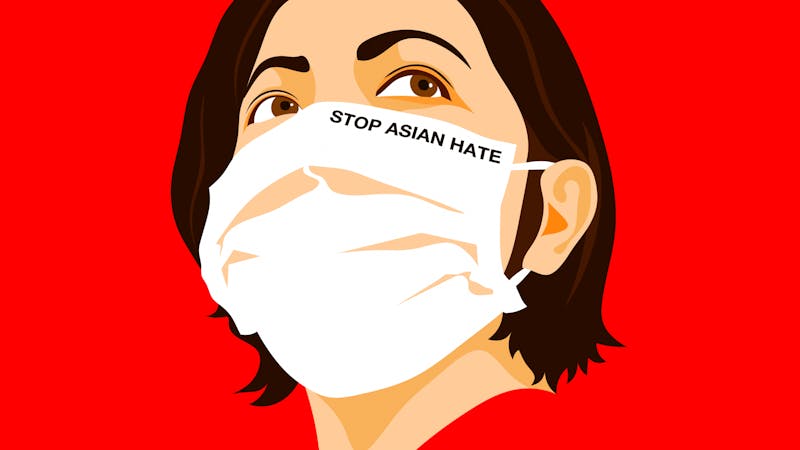
Over the last year, racist violence and hate crimes against Asians have spiked sharply, with Asian American women bearing the brunt of them. Last week’s Atlanta-area spa shootings of eight people, mostly Asian women, by a white man, was a horrific incident in a long line of hate crimes against the Asian community in the United States and beyond.
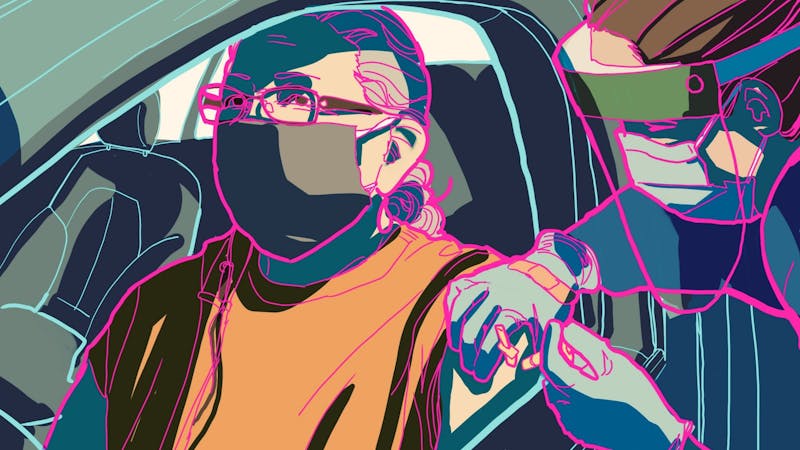
After Governor Greg Abbott lifted the state-wide mask mandate for Texas on March 10, getting a COVID vaccine has become more important than ever to many Rice students. An impromptu vaccine drive was held at Rice’s East Gym during the winter freeze a few weeks back, but only around 800 doses were available. Students ran across the icy campus and stood in 20-degree weather for hours to try and receive a vaccine, but there just weren’t enough for everyone. Because many were unable to get the vaccine during that time, Rice students have recently been scheming for other ways to get their hands — or arms — on a dose.

Lia Pikus is no stranger to the intersection of seemingly unrelated passions. As a recipient of the Thomas J. Watson Fellowship, a grant that allows graduating seniors to pursue an independent study project outside of the United States, she is bringing together two passions of hers — music and prison abolitionism — for her project “Beyond the Bars: Music’s Role in Reimagining Punishment.” At some point in the near future, she will be setting off to observe inner-carceral music programming first hand and experience musical community on a global scale.
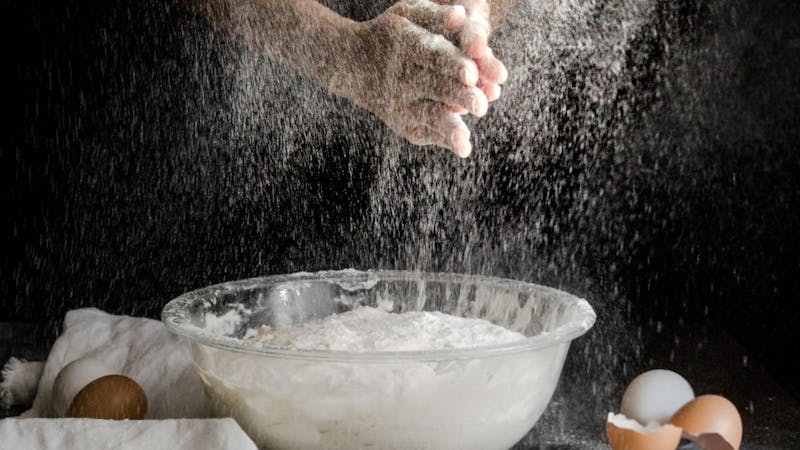
Scrolling through Instagram a year ago, I remember feeling like sourdough bread was suddenly everywhere. When COVID-19 lockdowns first went into place, people were spending more time at home than usual. Many took up baking and cooking — then shared their creations online. At the beginning of the pandemic, four Rice students started food-related Instagram accounts showcasing their recipe development, dietary choices, fitness and wellbeing. A year into the pandemic, we talked to them about their passion for food, the challenges they faced and the rewards they’ve gained in the last 12 months.
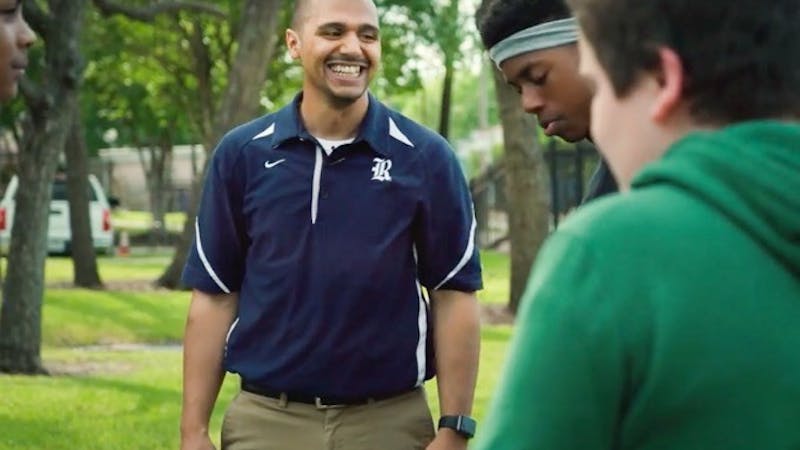
How many Rice students can say they have experienced Houston? To say they have truly stepped beyond the tree-lined dome that encapsulates Rice’s campus, and ventured beyond the bubble that keeps students shut in and the realities of Houston out? (Rice Village doesn’t count.) Rice’s Community Bridges fellows are among the students who can answer that question with a resounding yes.

Baker College sophomore Lily Sethre-Brink’s grandfather was named Willis, but she called him Grandpa Will. He was stern but witty, she said, and they would always make blueberry pie together. He did a mean Cookie Monster impression, and when Sethre-Brink was a little kid, she would pretend to fall asleep in his lap so that she could stay in his arms longer. And he always loved to hear her sing.

The past few weeks have been marked by harrowing anniversaries. Feb. 29 marked one year since Rice Crisis Management alerted the Rice community that a staff member had possibly been exposed to COVID-19 during overseas travel. March 3 was the anniversary of Rice canceling international travel over spring break and suspending all other foreign travel, and March 8 marked a year since classes, Beer Bike and other major events were initially canceled. On March 11, 2020, the World Health Organization declared the COVID-19 outbreak a global pandemic.
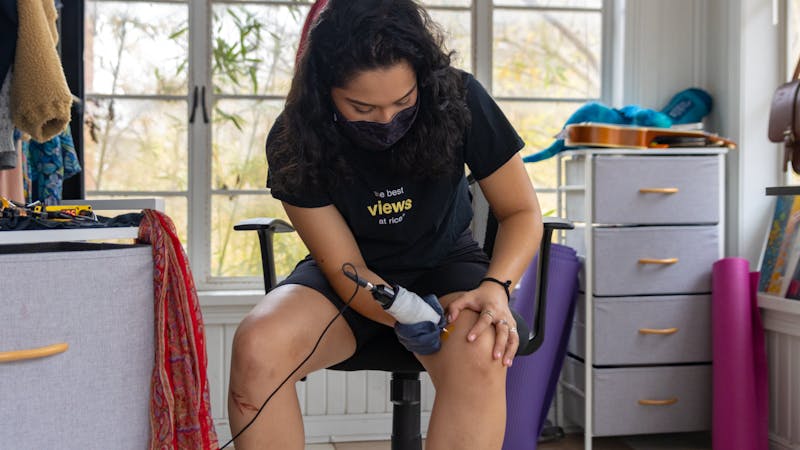
Last spring, when many of us were learning to bake bread or dedicating our time to TikTok dances, Adriana Amaris sat with a tattoo gun buzzing against the peel of an orange. With sunlight coming in through her windows as she works, she says that tattooing herself and listening to music has become a form of self-care. Moving from oranges to her own skin to tattooing others, Amaris has steadily grown her confidence, skills and the number of people with her work etched onto their bodies.
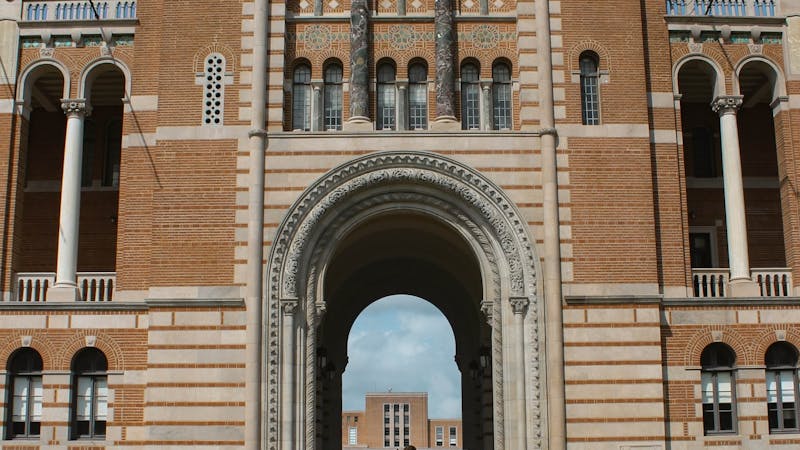
During the school year, throughout the summer, and whenever there’s a big event on campus –– athletic events, and during a normal year, public parties –– student EMTs with Rice University Emergency Medical Services are around at the scene, looking out for the community. This past year, the stakes have been higher: EMTs have been serving their community during a pandemic.

Although Rice campus emerged mostly unscathed from the Feb. 15 winter storm, some students living off campus are among the tens of thousands of Houston residents who dealt with the effects of home damage after the week of extreme weather.
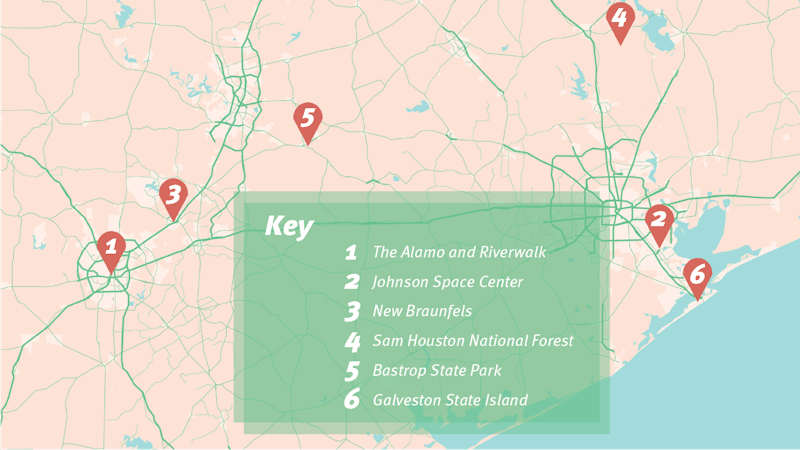
As we continue to battle the pandemic, Rice has made the decision to eliminate spring break to reduce the risk of students going out of state and transmitting the virus to loved ones or bringing it back to campus. Instead, we get sprinkle days — randomly selected days off that are intended to offer students time to relax in lieu of a traditional spring break. Used correctly, these days can offer students an opportunity to destress and unwind by spending time in nature, visiting cultural sites, or trying new activities.
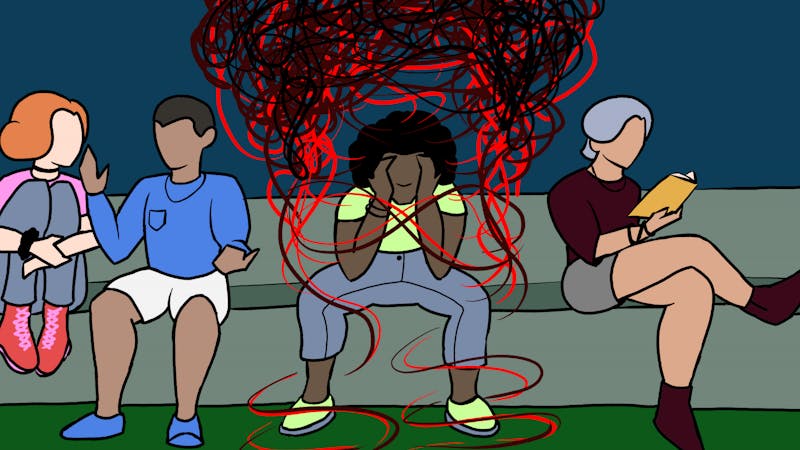
For students who are the first in their family to attend college and come from low-income backgrounds, the transition to Rice can be especially tough — they might not have the benefit of advice from parents and family who have gone through college before, or the assurance of financial support from their families. However, many first-generation low-income students have found support and community at Rice, often among other FGLI students.
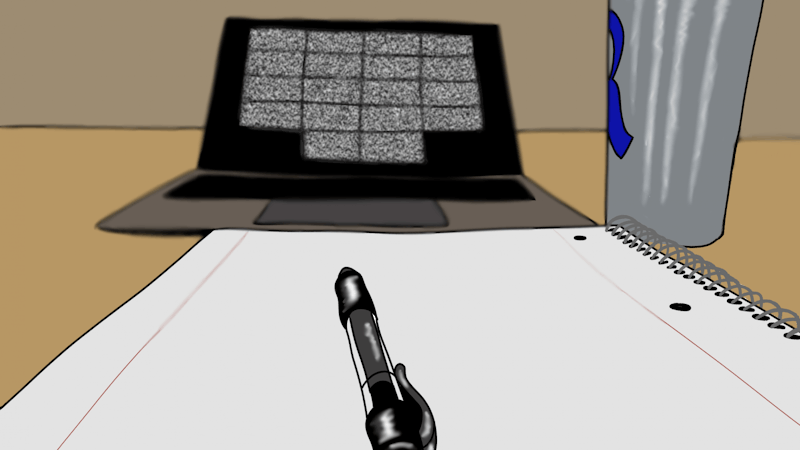
The Zoom call finally ends, and after waving goodbye to the rows of faces on your screen, you close your laptop and just sit there. And even if it’s just for a brief moment, you stare off into space, sometimes with burning eyes and a heavy head, and other times with a strong desire to just run off into a field away from all technology. We’ve all been there.